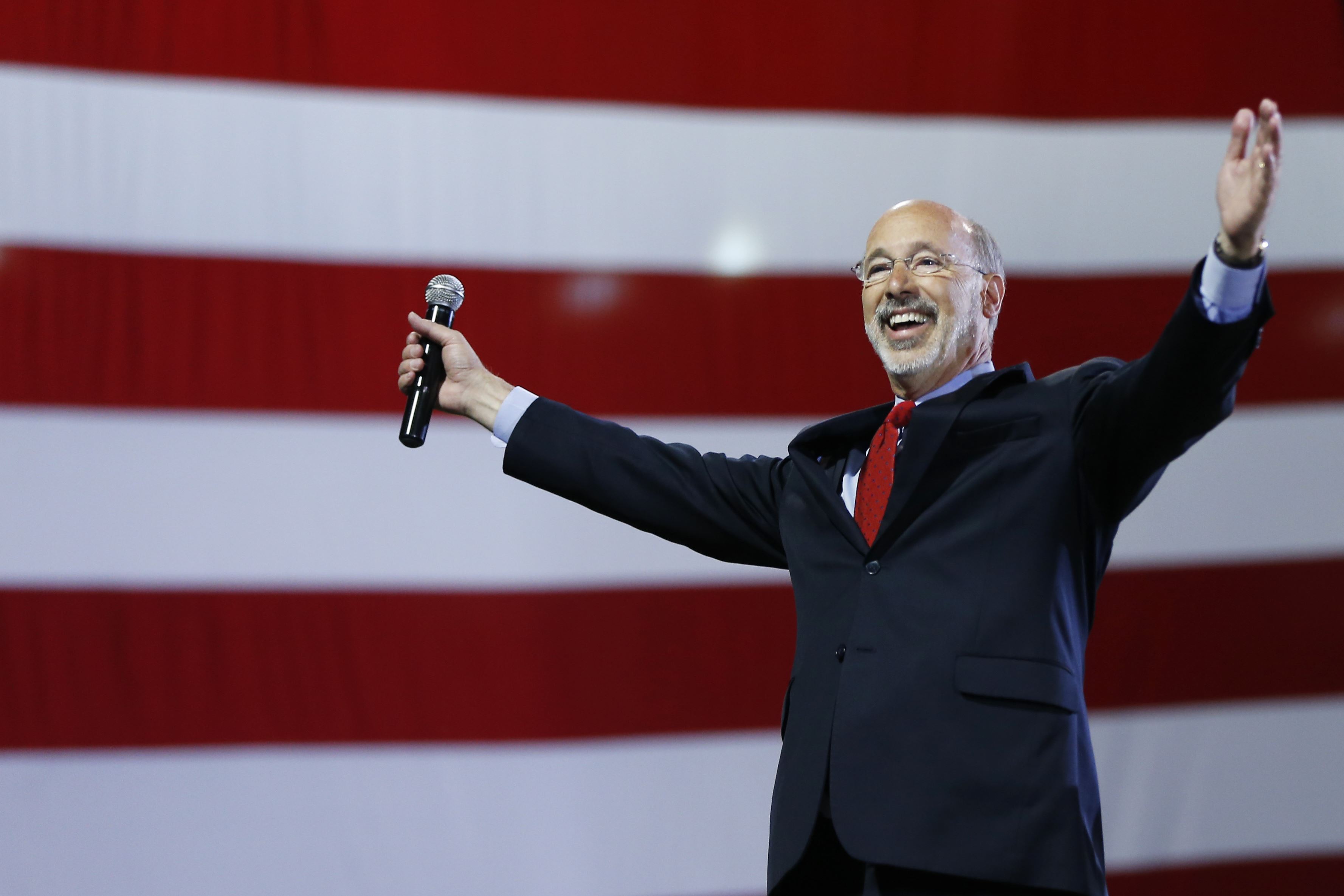Pennsylvania Gambling Reforms Generate $385 Million for State in First Year
Posted on: December 11, 2018, 07:38h.
Last updated on: December 11, 2018, 07:38h.
Pennsylvania’s wide-ranging gambling expansion package — signed into law by Governor Tom Wolf in late 2017 — has generated over $385 million in new revenues for the state since its enactment, according to analysis by PlayPennsylvania.com.

That’s before many of the new gambling operations — such as online casinos, online poker, live and online sports betting, and land-based mini-casinos — have really got off the ground.
This will be music to the ears of lawmakers in the Keystone State, who found themselves last year with a $2.2 billion budget deficit to plug and a Republican-controlled House that was determined not to raise taxes any cost.
It will also be especially welcomed at a time when the Pennsylvania casino market is showing signs of slowing.
If accurate, the $385 million estimated by PlayPennsylvania has exceeded the $200 million that lawmakers themselves projected.
Desperate Times
Following a protracted budget impasse which Wolf warned could lead to the state “going broke,” gambling expansion was ultimately the only recurring-revenue plan deemed palatable across both chambers and by all political persuasions.
As well as the aforementioned legalization of online gambling, lottery, and sports betting, Pennsylvania’s sprawling gambling reforms authorized and regulated daily fantasy sports, permitted slots at truck stops and airports, and created ten licenses for ten satellite casinos — all taxed at some of the highest rates in the US.
The lion’s share of that $385 million comes from upfront licensing fees, which aren’t annually recurring, and so it remains to be seen whether Pennsylvania’s new but highly taxed gaming segments can sustain similar numbers as the market emerges and matures.
Online Sports Betting Will Be Key Driver
PlayPennsylvania estimates that the state has collected $128 million mini-casino license auctions, $94 million in online gaming licensing fees, and $60 million from online sports betting licenses. Other new revenue streams include online lottery games, which have generated $19.6 million and daily fantasy sports, which has produced $1.4 million.
The only sports betting operation to go live in Pennsylvania so far is the Hollywood Casino at Penn National, with others expected to follow soon. But if New Jersey is anything to go by, the eventual roll out of online sports betting will be one of the most significant revenue generators for the state.
“If the point of the expansion was to fill short-term gaps in the state’s budget, then the expansion would have to be considered a success so far,” said PlayPennsylvania analyst Jessica Welman said.
“We believe that the gambling expansion will eventually prove to be a winner for the state’s budget, but the long-term picture is less certain,” she added. “More casinos and sportsbooks must open before we get a clear picture of whether Pennsylvania’s relatively steep tax rates and license fees will produce the desired outcome.”
No comments yet